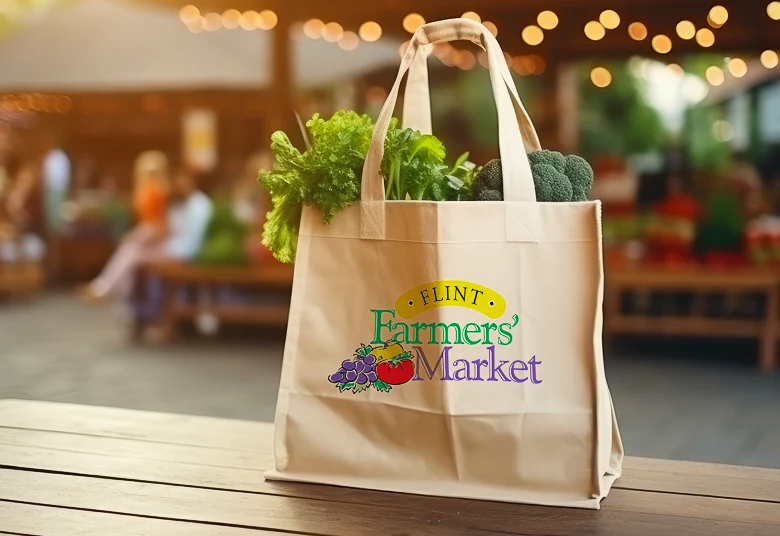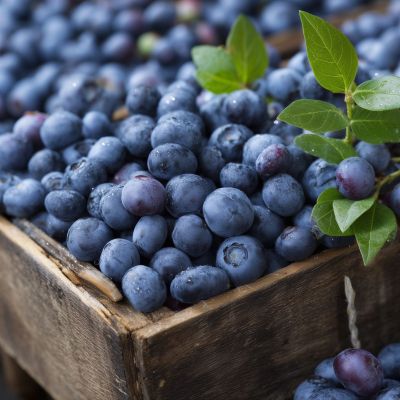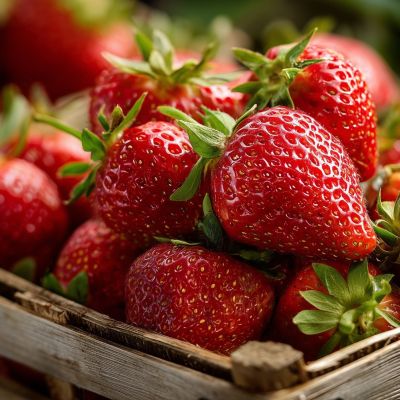Storing fruits and vegetables properly is essential for maximizing their freshness, flavor, and nutritional value. Here’s a detailed guide to help you understand where to store your produce for optimal longevity and taste.
Fridge Lovers
Many fruits and vegetables thrive in cooler temperatures, so your refrigerator can be a haven for them. Apples, for instance, stay crisp and delicious when stored in the fridge. They can also emit ethylene gas, which can hasten the ripening of nearby fruits, so keeping them in a separate compartment or bag is wise. Oranges, grapefruits, and berries also benefit from refrigeration, extending their shelf life and preserving their juicy goodness.
Root vegetables like beets, carrots, turnips, and parsnips are best kept in the crisper drawer of your fridge, where the humidity is higher. This environment helps maintain their crispness and prevents them from becoming limp. Cabbage, broccoli, and leafy greens also do well in this cooler, moist environment. For leafy greens, consider placing a paper towel in the storage bag to absorb excess moisture, which can help prevent wilting.
Fruits like avocados, lemons, limes, pears, and mangoes can ripen beautifully on the counter. Once they reach your desired ripeness, transferring them to the fridge can help prolong their freshness. Remember, avocados can ripen quickly, so keep an eye on them. To accelerate ripening, place them in a brown paper bag with an apple or banana; the ethylene gas produced will speed up the process.
Comfy on the Counter
Some fruits are best left out in the open. Bananas, for example, thrive on the counter but should be kept away from direct sunlight and other produce. This is crucial because bananas are ethylene super-producers, meaning they can rapidly ripen other nearby fruits. If you want to slow down their ripening process, consider separating them from other fruits or even hanging them in a banana hanger to allow air circulation.
Tomatoes, another fruit that should stay on the counter, prefer to ripen at room temperature. They too are ethylene gas producers. It’s essential to keep tomatoes out of the fridge, as temperatures below 60 degrees Fahrenheit can cause them to become mealy and lose their vibrant flavor. For the best taste, consume them within a week of ripening.

Best Kept Cool & Dry
Certain vegetables, like winter squash, onions, garlic, and potatoes, prefer a cool, dry environment outside of the refrigerator. Storing them at room temperature in a dark, well-ventilated area is ideal. Potatoes, in particular, should be kept in a dark place to prevent them from turning green due to sunlight exposure, which can result in the development of solanine, a toxic compound.
Garlic is best stored in a breathable container, like a paper bag or mesh bag, to allow for air circulation. Storing it in the fridge can lead to sprouting, which may affect its flavor and usability. Similarly, onions should be kept away from potatoes, as they can emit moisture that accelerates spoilage.
Additional Tips
- Avoid Washing Before Storing: Washing fruits and vegetables before storing can introduce moisture that leads to mold and spoilage. Instead, wash them just before use.
- Separate Ethylene Producers: Be mindful of storing ethylene-producing fruits like bananas and avocados away from sensitive vegetables, as they can cause premature ripening.
- Check Regularly: Make it a habit to check your stored produce for any signs of spoilage. Remove any affected items immediately to prevent them from impacting the freshness of others.
By following these tips, you can help ensure that your fruits and vegetables stay fresh longer, allowing you to enjoy their full flavor and nutritional benefits. Happy storing!






